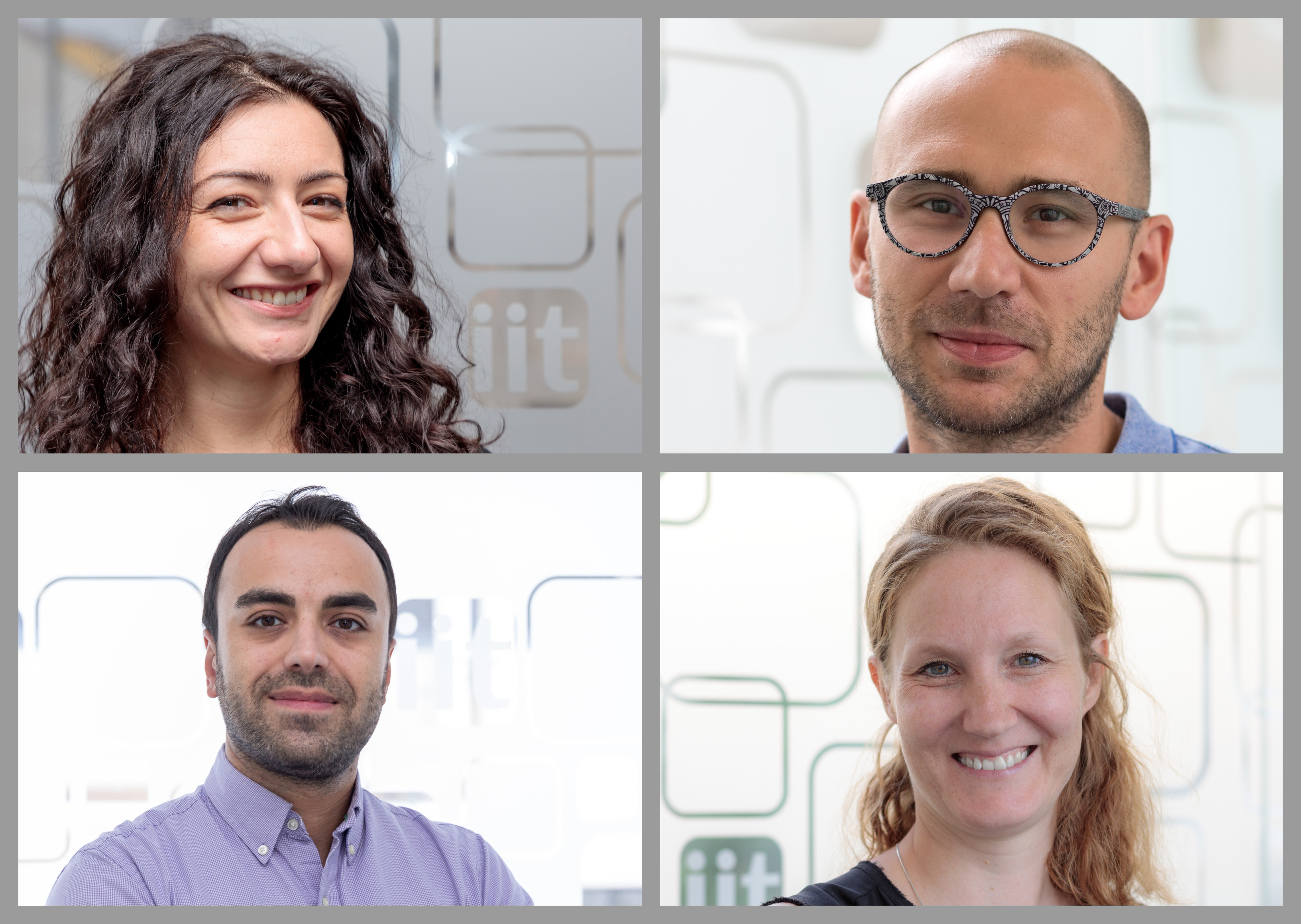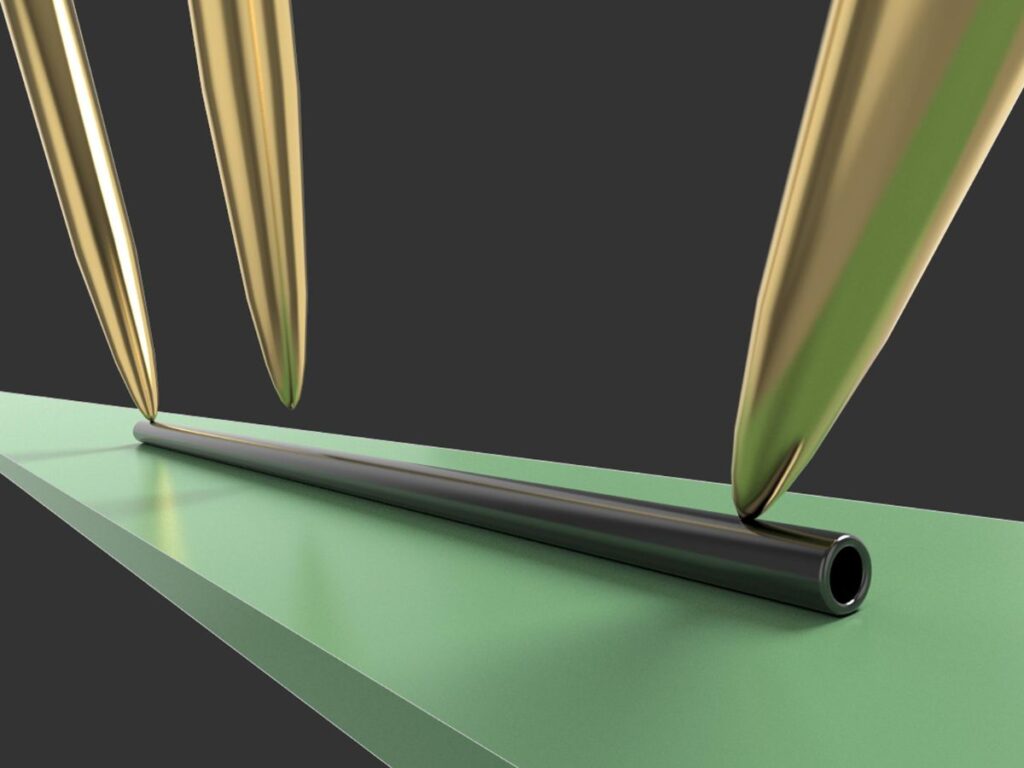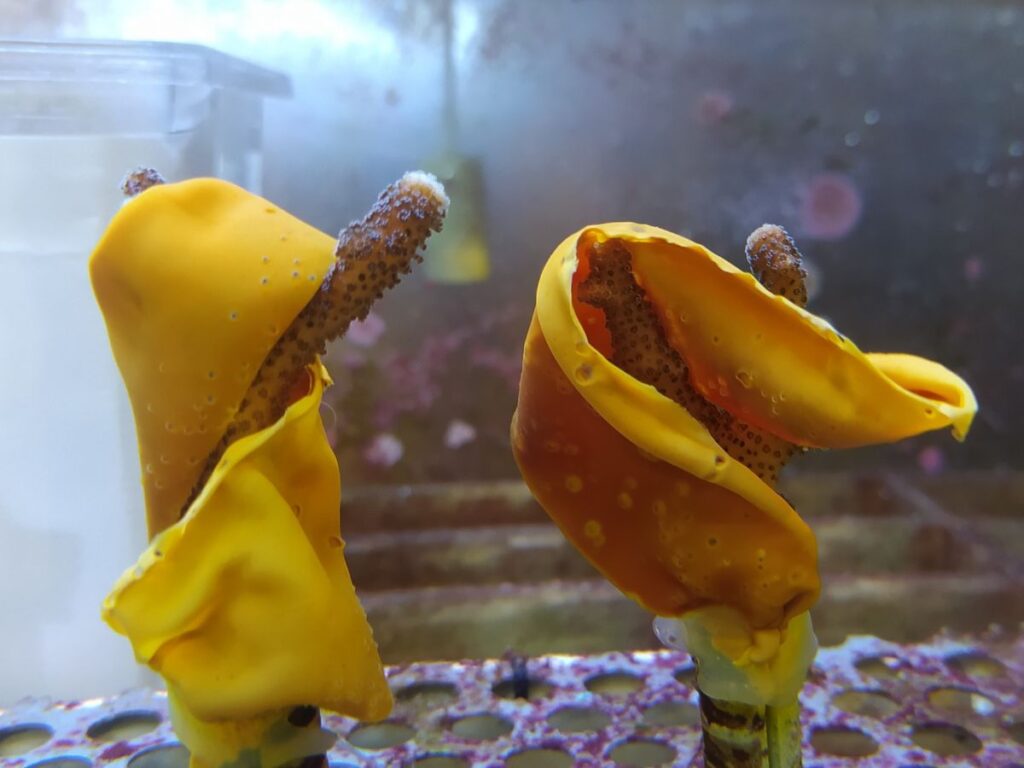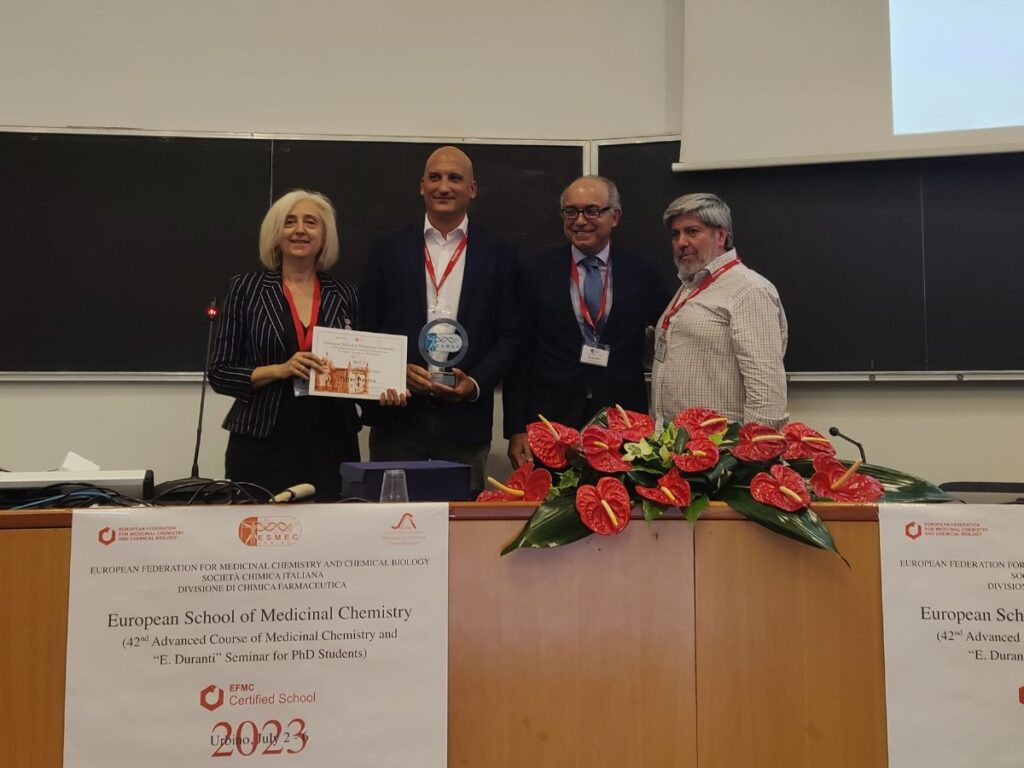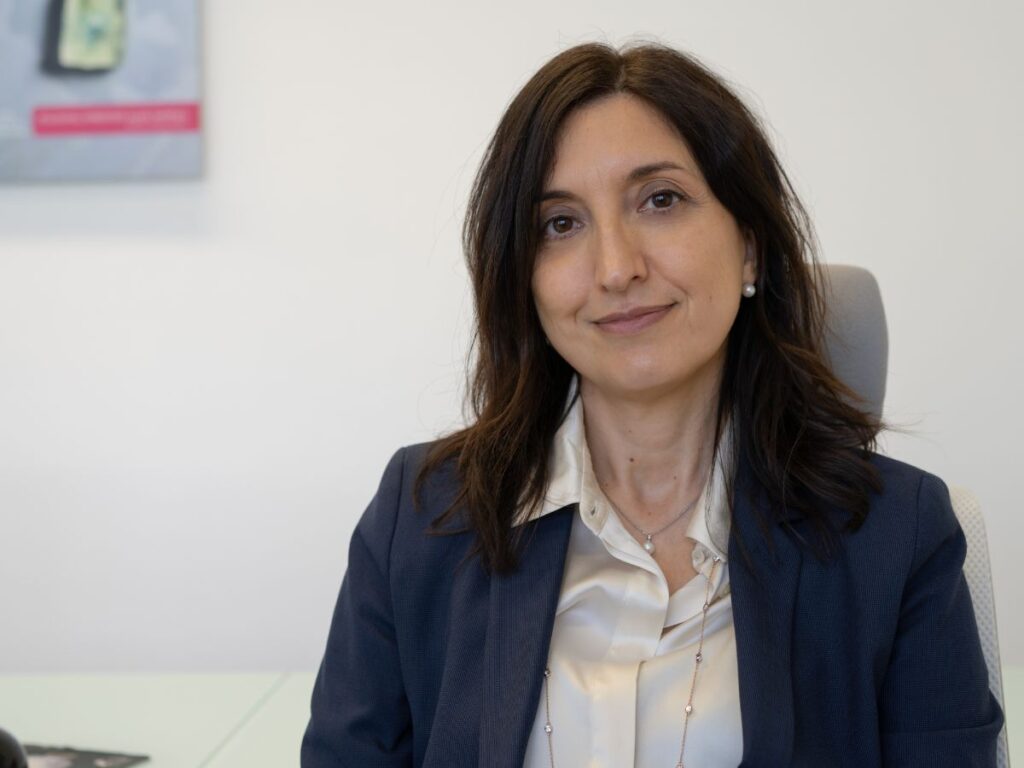Projects range from collaborative robotics to biotechnology for health
Four new projects funded by the ERC-European Research Council have been won by IIT-Italian Institute of Technology, thanks to the research of Arash Ajoudani, Francesco Di Stasio, Ilka Kriegel and Velia Siciliano. Over the next five years, the young scientists will be able to consolidate their studies in the fields of collaborative robotics, quantum optoelectronic technologies, nanomaterials for energy and biotechnologies for health, such as CAR-T cells.
The starting grant award was officially announced today by the ERC, with 408 winners across Europe and a total investment of €621m, as part of the Horizon 2020 Research and Innovation Programme. Of the 408 ERC awardees, only 18 will be working in Italian research institutions. Moreover, although 37 Italian researchers are the third most represented nationality after France (38) and Germany (72), only 10 will carry out their work in Italy. Starting grants can amount to up to EUR 2.5 million and have a duration of five years.
IIT confirms itself as an institute capable of attracting and nurturing scientists with cutting-edge projects. Of the 4 new ERC-funded researchers, 2 are Italians who have returned to Italy from abroad, from Spain and the United States, and 2 are of foreign nationality but have been at IIT for several years. In addition, IIT has recently acquired a further 2 researchers funded by the European organisation in its laboratories: the Italian Antonio Ambrosio, who left Harvard University in the United States to become head of the Vectorial Nano-Imaging Laboratory at the IIT Centre in Milan, to continue his research in the field of nano-optics; and the American Michael Vincent Lombardo, arriving from the University of Cyprus and now in charge of the Autism and Neurodevelopmental Disorders Laboratory at the IIT Centre in Rovereto (Trento), focusing on the study of the autism spectrum and the elements of difference between the various types of manifestation of autism . To date, IIT has a total of 36 ERC-funded projects.
Arash Ajoudani, originally from Iran, is head of the Human-Robot Interfaces and Physical Interaction (HRI²) laboratory at IIT in Genoa, where he received his doctorate in robotics and automation in 2014. Over the years he has established himself as a researcher at an international level, winning several awards including the Amazon Research Awards in 2019, the Robotics Innovation Award at MECSPE2019, and the KUKA Innovation Award in 2018. With the ERC-funded Ergo-Lean project, Ajoudani aims to study the ergonomics of human-robot interactions in industrial work contexts, to avoid the occurrence of physical health problems due to repetitive and, conversely, highly variable movements in modern production lines. The aim is to produce a collaborative robotics system that can anticipate human behaviour and intervene so that it is not harmful, also improving manufacturing production.
Francesco Di Stasio, from Genoa, thanks to ERC funding, returns to IIT from Spain, where he worked as a post-doctoral researcher at the Institute of Photonic Science (ICFO) in Barcelona. The experience in Spain stems from another European grant for young researchers, the Marie Skłodowska-Curie Actions, which Di Stasio obtained in 2016 when he was a researcher in IIT’s Nanochemistry department. A materials scientist with a PhD in physics from London, Di Stasio will develop the NANOLED project for the fabrication of new light-emitting diodes that are micrometre-sized or smaller and capable of generating a single particle of light in a controlled manner. Such diodes will form the basis of future quantum technologies in computers and telecommunications.
Ilka Kriegel, from Germany, has been a researcher in the Nanochemistry research line at IIT Genoa since 2016. Her training took place in Germany in Munich, in Italy between Milan and Genoa, and in the United States. In particular, thanks to a Marie Skłodowska-Curie Actions project, from 2016 to 2019 she carries out research between the laboratories of IIT Genoa and those of Berkeley Labs at the University of California. In 2016 she was in the top 10 of the L’Oréal-UNESCO For Women in Science list and won the prestigious Christiane Nuesslein-Volhard Foundation grant. With the Light-DYNAMO project, Kriegel wants to create a new type of nanomaterial, based on nanocrystals and two-dimensional materials, which will be able to change the way solar energy is accumulated, even when it is present in a discontinuous manner, in order to release it as power for electronic devices.
Velia Siciliano, originally from Naples, has been head of the Synthetic and Systems Biology for Biomedicine laboratory at the IIT Centre in Naples since 2017. After earning her Master’s degree at the University of Naples Federico II, and her PhD in Human Genetics at the Telethon Institute of Genetics and Medicine in the same city, Siciliano moved to the United States, to work as a Postdoctoral fellow in the Bioengineering Department and Synthetic Biology Centre at MIT in Boston. In 2015, he returned to Europe, to London, after winning a fellowship for young independent researchers awarded by Imperial College. The Synthetic T-rEX project, funded by the ERC, combines biotechnology and medicine to enhance immunotherapies that rely on the use of genetically modified T-cells, called CAR-Ts. CAR-Ts, which are currently used in the clinic for the treatment of blood cancers and are also being tested for solid tumours, can in some cases lose their efficacy, i.e. become exhausted. Siciliano proposes to make CAR-Ts equipped with sensors that register the cell’s activity level and activate, boosting it, when it runs out.
Starting grants are the most prestigious funding for young researchers that the ERC promotes to invest in new talent and make the European Union a place for research excellence. Each researcher will be able to build his or her own team and conduct studies independently.
In total, the IIT researchers who have received ERC funding are: Arash Ajoudani (Starting grant), Antonio Ambrosio (Consolidator grant, returned from the USA), Maria Rosa Antognazza (Starting grant), Cristina Becchio (Starting grant and Proof-of-concept), Antonio Bicchi (Advanced grant, 2 Proof-of-concept, Sinergy), Mario Caironi (Starting grant), Laura Cancedda (Consolidator grant), Barbara Caputo (Starting grant), Valentina Cauda (Starting grant, currently at another institute), Gianni Ciofani (Starting grant and Proof-of-concept), Francesco De Angelis (Consolidator grant and Proof-of-concept), Paolo Decuzzi (Consolidator grant and Proof-of-concept, returned from the USA), Francesco Di Stasio (Starting grant), Tommaso Fellin (Consolidator grant), Alessandro Gozzi (Starting grant), Giandomenico Iannetti (Consolidator grant, returned from the UK), Ilka Kriegel (Starting grant), Michael Vincent Lombardo (Starting grant, from Cyprus), Liberato Manna (Starting and Consolidator grant), Iwan Moreels (Starting grant, currently at another institute), Teresa Pellegrino (Starting grant), Ferruccio Pisanello (Starting grant), Annamaria Petrozza (Consolidator grant), Alessandra Sciutti (Starting grant), Velia Siciliano (Startin grant), Sauro Succi (Advanced grant), Giuseppe Vicidomini (Consolidator grant), Agnieszka Wykowska (Starting grant, from Germany).

